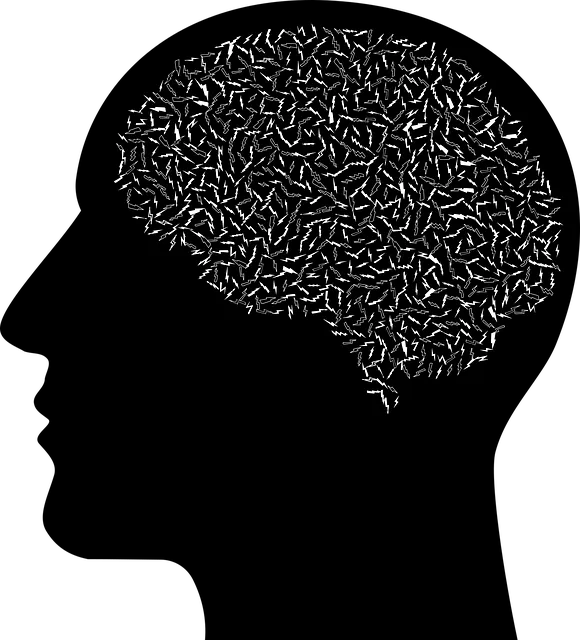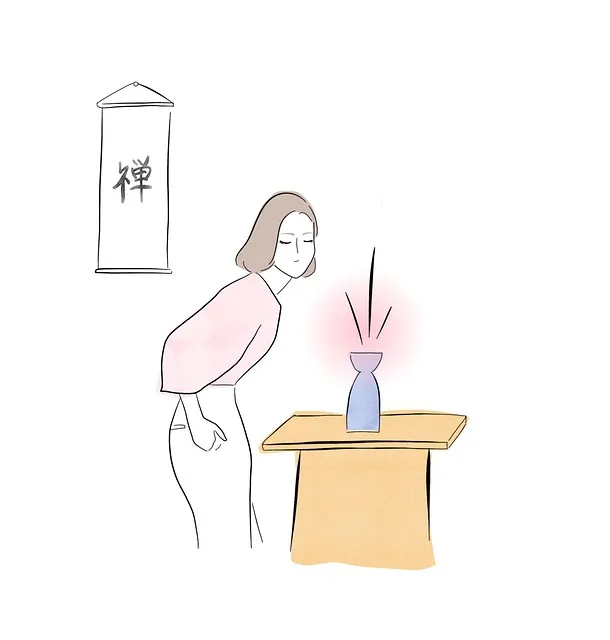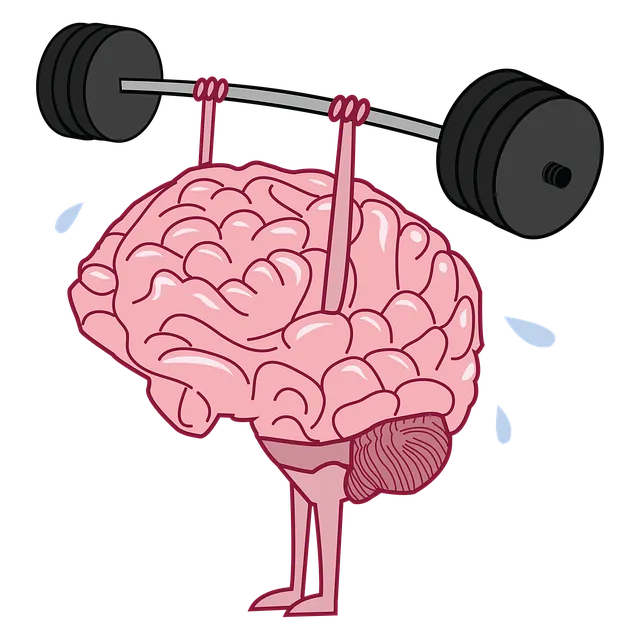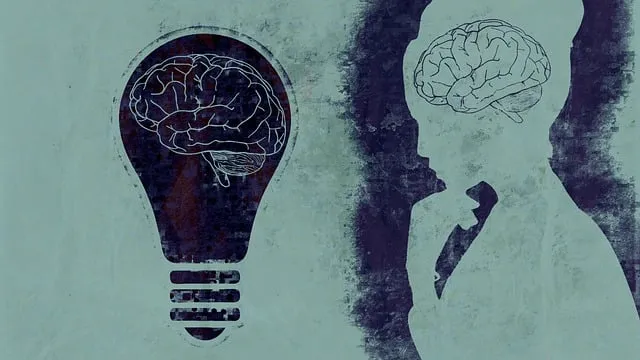Understanding RFM (Resilience, Flexibility, Mastery) is key to enhancing mental well-being, particularly in challenging situations. Kaiser Permanente mental health Boulder has pioneered an innovative resilience-building program integrating physical and mental wellness exercises, mindfulness meditation, and risk management planning for professionals. They emphasize self-awareness and stressor identification, encouraging tailored resilience strategies through empathy-focused workshops. Building mental resilience, crucial for good mental health, is facilitated by practical tools like Mental Wellness Journaling and advocacy training, combined with risk assessment techniques in daily routines. These comprehensive initiatives at Kaiser Permanente Boulder demonstrate a forward-thinking approach to holistic mental health support within the community.
Discover how Resilience, Flexibility, and Mindfulness (RFM) can transform your mental well-being. This article explores the powerful impact of RFM on stress management, drawing from Kaiser Permanente Boulder’s innovative approach to resilience building. We’ll guide you through identifying personal stressors, offering practical exercises for enhancing mental resilience, and providing strategies to integrate RFM into your daily life for long-term success. Explore these techniques inspired by Kaiser Permanente Boulder’s commitment to mental health.
- Understanding RFM and Its Impact on Mental Well-being
- Kaiser Permanente Boulder's Approach to Resilience Building
- Identifying Personal Stressors: The First Step Towards Change
- Practical Exercises for Enhancing Mental Resilience
- Integrating RFM into Daily Life: Strategies for Long-term Success
Understanding RFM and Its Impact on Mental Well-being

Understanding RFM, or Resilience, Flexibility, and Mastery, is a crucial component in enhancing mental well-being, especially for individuals navigating challenging life circumstances. This concept has gained significant attention in the field of mental health, particularly within organizations like Kaiser Permanente Boulder. By fostering resilience, individuals develop the ability to adapt and bounce back from stress, adversity, or traumatic events. It equips people with effective coping strategies, enabling them to manage their emotional responses and maintain a sense of balance.
The impact of RFM is profound when integrated into crisis intervention guidance and risk management planning for mental health professionals. These practices promote compassion cultivation among practitioners, allowing them to offer more empathetic support to clients facing various mental health challenges. Through regular engagement in resilience-building exercises, individuals can strengthen their psychological muscles, making them better equipped to handle the inevitable ups and downs of life.
Kaiser Permanente Boulder's Approach to Resilience Building

Kaiser Permanente Boulder has pioneered an innovative approach to resilience building, focusing on both physical and mental well-being. Their strategy involves integrating various exercises into their wellness programs, ensuring a holistic development model. One key component is incorporating mindfulness meditation practices, which have been shown to reduce stress and enhance emotional regulation—essential tools in navigating life’s challenges. By fostering a culture of mindfulness, Kaiser Permanente empowers its members to better manage their mental health.
Additionally, the organization offers tailored risk management planning for mental health professionals, acknowledging the unique pressures they face. This proactive measure includes strategies for self-care and resilience-boosting activities, ensuring professionals can provide optimal care while maintaining their own well-being. Through these comprehensive initiatives, Kaiser Permanente Boulder exemplifies a forward-thinking approach to mental health support in the community.
Identifying Personal Stressors: The First Step Towards Change

Identifying Personal Stressors: The First Step Towards Change is a crucial aspect of mental health care, as highlighted by Kaiser Permanente Boulder. Understanding one’s unique stressors is the foundation for effective resilience building exercises. This process involves introspection and self-awareness to recognize triggers that contribute to stress, anxiety, or burnout. By identifying these personal stressors, individuals can begin to tailor their approach to managing them.
Empathy Building Strategies and Compassion Cultivation Practices have proven to be valuable tools in this journey. These methods encourage individuals to step outside their comfort zones, fostering a deeper understanding of themselves and others. Stress Management Workshops Organization often incorporates such practices into their programs, enabling participants to develop coping mechanisms that enhance overall resilience.
Practical Exercises for Enhancing Mental Resilience

Building mental resilience is an essential aspect of maintaining good mental health, as advocated by organizations like Kaiser Permanente. In the vibrant community of Boulder, Colorado, residents have access to various resources aimed at enhancing their mental wellness. Practical exercises play a significant role in this journey, offering individuals tools to navigate life’s challenges and build adaptability.
One effective exercise is Mental Wellness Journaling, which encourages individuals to reflect on their thoughts and emotions. This process involves documenting experiences, identifying triggers, and exploring coping strategies. For instance, a simple journaling prompt could be to write down three things that made you feel grateful today, promoting a positive mindset. The Mental Health Policy Analysis and Advocacy approach can also be integrated into these practices, where individuals learn to advocate for their mental health needs, fostering self-care and resilience in various settings, including the workplace. Additionally, risk assessment techniques, as part of professional development, teach individuals to recognize potential stressors and implement proactive measures, ensuring a more resilient mindset.
Integrating RFM into Daily Life: Strategies for Long-term Success

Integrating RFM (Resilience, Flexibility, and Mindfulness) into daily life is a powerful strategy for long-term mental health success, particularly for individuals in demanding fields like healthcare. Kaiser Permanente Boulder recognizes this need, offering programs that combine evidence-based practices to foster resilience among its providers. By integrating RFM techniques into their routines, healthcare professionals can enhance their ability to manage stress and maintain well-being, thereby improving patient care outcomes.
This approach involves cultivating mindfulness through practices such as meditation or deep breathing exercises to improve focus and reduce anxiety. Flexibility is built by encouraging adaptability in the face of changing priorities and unexpected challenges. Additionally, resilience is nurtured through cognitive reframing techniques that help manage difficult emotions and build coping mechanisms for stress and burnout. These strategies not only contribute to better Mood Management but also play a pivotal role in Mental Illness Stigma Reduction Efforts within the healthcare community. Furthermore, integrating RFM can serve as Burnout Prevention Strategies for Healthcare Providers, ensuring they remain empowered and dedicated to their crucial roles.
Resilience is a powerful tool for navigating life’s challenges, and Kaiser Permanente Boulder’s innovative approach to building mental resilience through RFM (Recall, Feeling, Meaning) exercises offers a comprehensive framework. By understanding our personal stressors and learning to manage them effectively, we can enhance our mental well-being, just as Kaiser Permanente Boulder’s program demonstrates. Integrating these practices into daily life fosters long-term success in managing stress and cultivating resilience, ensuring folks can thrive in the face of life’s complexities.






